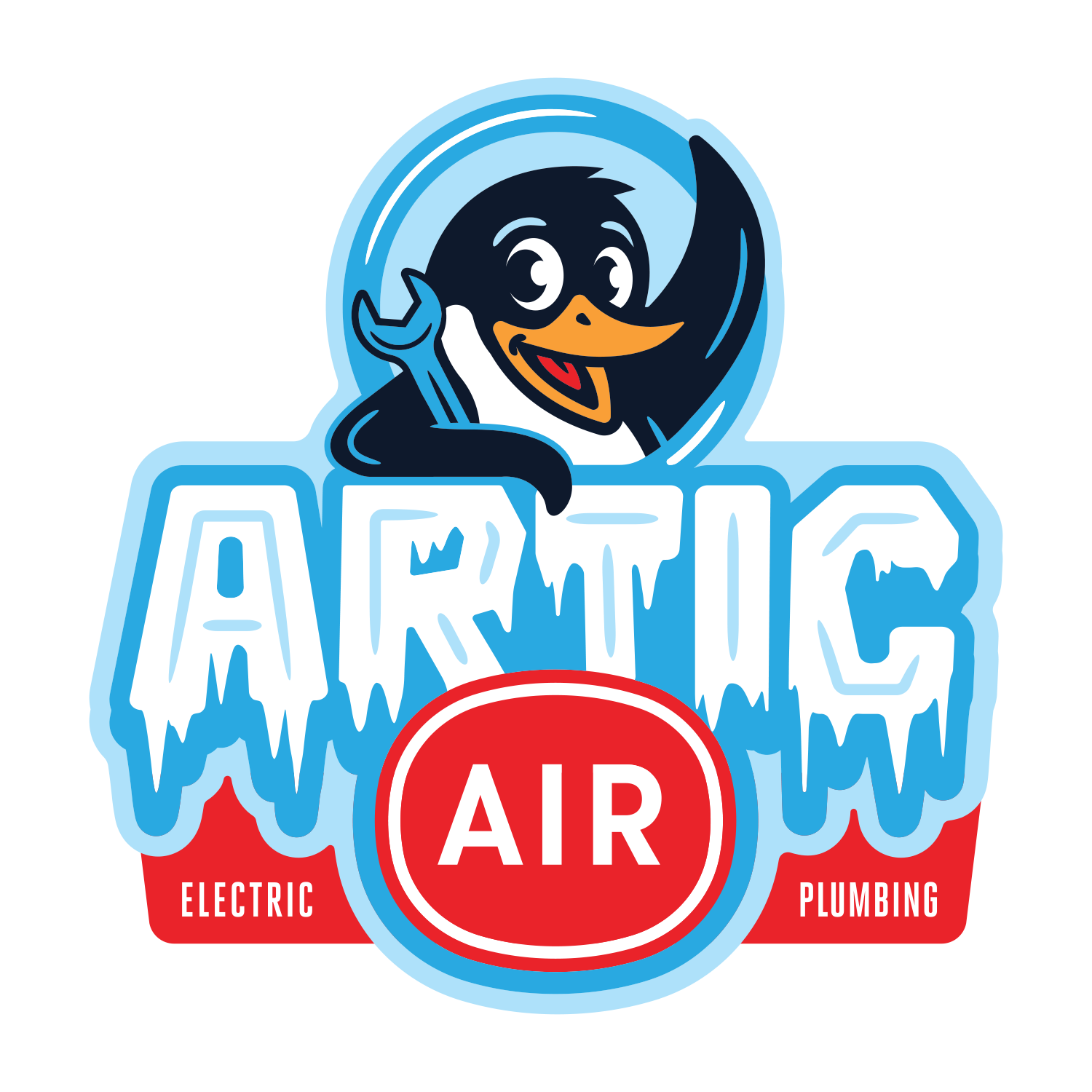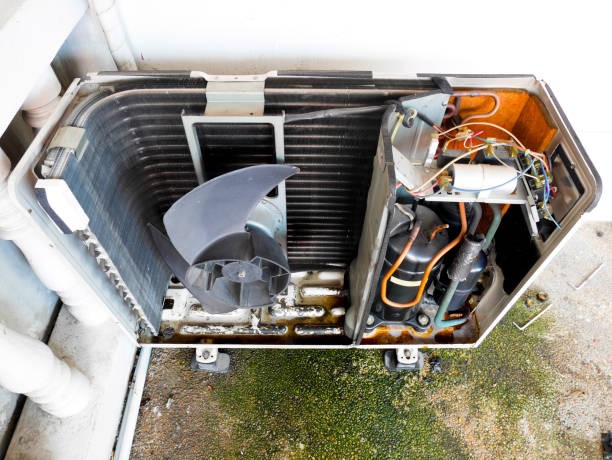In the quest for a healthier home environment, one of the most effective tools has become the UV air purifier. Utilizing ultraviolet light, these devices go beyond traditional filtration methods to provide a layer of protection against airborne pathogens and allergens. Here’s a deep dive into how UV air purifiers work and why they might be the right choice for improving the air quality in your home.
What Are UV Air Purifiers?
UV air purifiers use ultraviolet light, a type of electromagnetic radiation, to clean the air. These devices are often incorporated into existing HVAC systems or used as standalone units in residential settings. The UV light in these purifiers is specifically designed to target and neutralize airborne pathogens and microorganisms such as viruses, bacteria, mold spores, and fungi.
How Do UV Air Purifiers Work?
The effectiveness of UV air purifiers lies in their simplicity:
- Air Circulation: Air flows into the purifier, where it is exposed to UV light.
- UV Exposure: The UV-C light, which is the category of ultraviolet light used in most purifiers, disrupts the DNA or RNA of microorganisms, effectively killing them or rendering them harmless.
- Continuous Cleaning: As air continues to circulate through the purifier and back into the room, it undergoes repeated cycles of purification, gradually improving the overall air quality.
Benefits of Using UV Air Purifiers in Your Home
UV air purifiers offer several key benefits that make them an attractive option for homeowners:
Improved Air Quality: By eliminating microscopic pathogens, these purifiers can significantly reduce the likelihood of airborne diseases in your home, as well as decrease the presence of mold and mildew.
Allergy Relief: Individuals with allergies or respiratory conditions can benefit greatly from the reduced number of allergens in the air.
Odor Reduction: UV purifiers can help eliminate odors by destroying the bacteria that often cause unpleasant smells, making your home more inviting.
Low Maintenance: Unlike traditional air purifiers that require regular filter changes, UV air purifiers need minimal maintenance, typically just periodic replacement of the UV light bulb.
Considerations Before Installing a UV Air Purifier
While UV air purifiers can be highly effective, there are a few considerations to keep in mind:
Type of Contaminants: UV purifiers are most effective against biological contaminants. If your primary concern is non-biological pollutants like dust or pet dander, you might need an additional filtration system.
Placement: For standalone units, placement is key to maximizing air exposure to the UV light. For HVAC-integrated systems, professional installation is recommended to ensure optimal airflow and light exposure.
Safety: Exposure to UV-C light can be harmful to skin and eyes. Good quality units are designed to contain all UV light within the device, making them safe for use in homes.
UV air purifiers represent a powerful tool in the fight against indoor air pollutants. For families looking to reduce the spread of illness, combat mold growth, or alleviate allergies, these devices can be an invaluable addition to your home’s health and comfort arsenal. By understanding how they work and the benefits they offer, you can make an informed decision about whether a UV air purifier is the right investment for your home.

